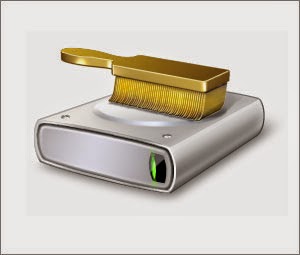You can share your device's WiFi so others can use it. In this way you can use your device as a router/repeater and extend the range of your signals. Unfortunately Windows 8 does not have an easy way to create WiFi Hotspot but we can do this with some easy commands using cmd. First you will have to find whether your network card in your device supports Hotspot sharing or not. Then you will create a hotspot. Then you will share it with others and at last you will share your present WiFi connection's internet access with the shared HotSpot connection
Home » All posts
Setup a Homegroup and Share files in Windows
Homegroup allows you to share your files, videos, documents, pictures etc. between computers over your network but all computers must be connected to same router/network for this. Any device who have joined the homegroup can access your shared data but they cannot delete or modify it unless you give them permission to do it.
How to Rename Multiple Files at Once

How to install Windows XP, 7, 8, 8.1 from USB

In all these cases you would be hoping for a better and safe method to install windows and that is from flash drive. So here's the steps:
Free up Disk Space by Deleting Unnecessary Files

Windows includes disk cleanup utility by which you can remove temporary files without much effort. I recommend you to perform disk cleanup twice a month or more for every user on PC.
Subscribe to:
Posts (Atom)